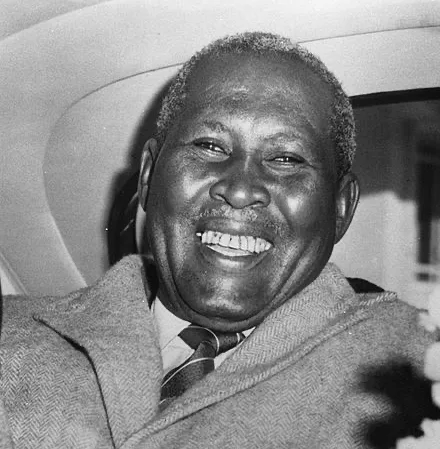|
Getting your Trinity Audio player ready...
|
By Setfree N Mafukidze (Wellness Consultant)
Anyone who has either tested positive to COVID-19 or has a relative, family or friends who tested positive to COVID-19 ever since the pandemic began may need to be equally concerned with the observations l have made.
As you read please note that this article is strictly based on my personal observations as a Clinician who has worked with COVID-19 patients ever since the pandemic began. I am concerned because l have worked directly with people who have tested positive to COVID-19 but have since recovered.
My observation is that out of every 10 people whom l personally tested between July 2021 to date and subsequently assisted with their treatment, 5 of them have reported the following symptoms post-recovery:
1. Increased urine frequency, especially at night.
2. Increased thirst
3. Increased hunger
4. Fatigue (feeling tired).
If you or anyone you know has experienced the above symptoms you may need to have your Blood Sugar levels checked as these 4 may be pointing to Diabetes Mellitus.
Mine is not much research-based but my observations seem to suggest that COVID-19 triggers Diabetes Mellitus which can be very fatal if not detected and treated on time.
Diabetes comes in 2 types that are type 1 and type 2 Diabetes.
In Type 1 Diabetes, the body attacks pancreatic cells that produce insulin while in Type 2 Diabetes the body produces some insulin which is however not enough for the body’s requirements.
Insulin is the hormone that is responsible for the control of blood sugar levels in the body and as such its insufficiency or excess can lead to serious health complications.
Diabetes has been commonly hereditary or a result of a bad lifestyle but with COVID-19 l have observed that individuals who do not have a family history of diabetes are now having to deal with high blood sugar levels.
In this case, l advise that any or each individual who tested Positive to COVID-19 seeks a full health assessment that will be able to rule out the development of potentially fatal Chronic Diseases.
See your Family GP for a comprehensive medical assessment just to be sure you are not affected.






